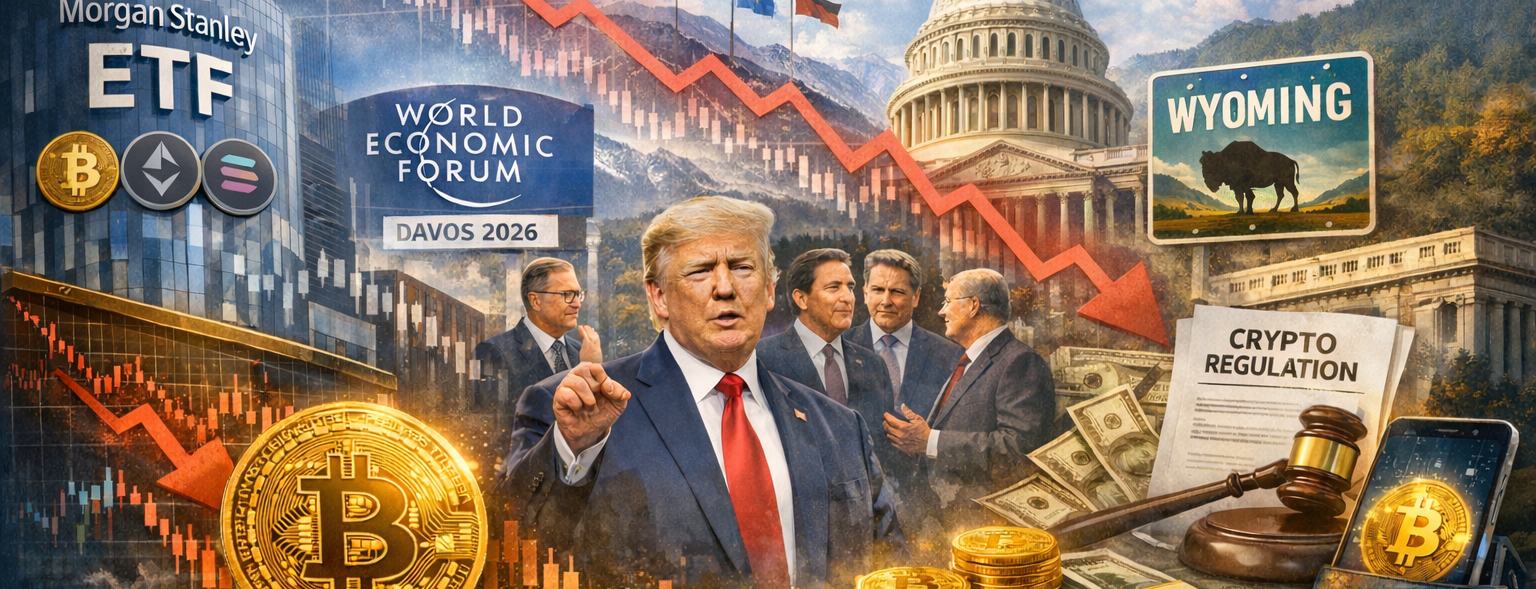How will Bitcoin make the world a better place?
Bitcoin
If we think about the things that worry Europeans the most in 2024, almost everyone includes wars and climate change in their worries. This text looks at how the current monetary system affects these issues, and whether these issues could be less of a concern if a Bitcoin-like monetary system were in place.
The impact of the monetary system on warfare
Unfortunately, in recent years, wars have become increasingly a part of European life. Wars add to the fear and suffering of ordinary people, while from the point of view of countries, wars are very costly in economic terms. For this reason, wars have historically had a significant impact on the economic situations of countries, as well as on monetary systems. Monetary systems were probably most affected by the First World War. Until the beginning of the First World War, in 1914, the gold standard was the most widely used monetary system in the world. Under the gold standard, the central bank could only create new money if it had a certain amount of gold to back it up. In practice, therefore, in order to create new money, the government had to get more gold from somewhere.
At the start of the First World War, several countries, led by the United Kingdom, abandoned the gold standard. (The gold standard was later reintroduced until it was finally abandoned in 1971.) The timing of the abandonment is no coincidence, because the main reason was simple: to finance fighting in the First World War. Indeed, the abandonment of the gold standard allowed central banks to create money without gold backing. Several central banks took advantage of this opportunity and created significant amounts of new money to finance a global war that lasted more than four years. This was very attractive for government-controlled central banks, as money creation allowed them to finance the war without direct negative economic consequences for the country. Indeed, the costs of money creation were passed on to the public through a weaker currency and higher prices.
It is very difficult to estimate what would have happened if central banks had not been able to create money during the First World War. One possibility is that countries would have had to find some other way of raising money to finance the war. One possible way would have been to collect money from citizens in the form of higher taxes or to borrow money from another country. Another possibility is that the war would have been fought for a shorter period or between fewer countries because many countries that participated in the First World War could not have afforded to go to war for more than four years without new money created by the central banks.
Many Bitcoin advocates believe that there would be significantly less warfare in the world if Bitcoin was used as a global monetary system. What is the basis for this belief and can it be true? Bitcoin differs from the monetary system during World War I and the current monetary system in that no central bank of any country can create more bitcoins. So if Bitcoin were used as a global monetary system, it would be more challenging for states to finance wars, because it would not be possible for a central bank to create money. The alternative would be to raise finance, for example through borrowing or higher taxation. The threshold for raising financing in these ways is significantly higher than the threshold for creating money. So, logically and simply thinking, this could reduce the ability and willingness of countries to go to war.
The impact of the international system on the environment and climate change
Our current monetary system and the monetary policies pursued by central banks have a negative impact on the environment. One of the reasons for this is that the monetary policy pursued by the central banks causes a constant depreciation of the currency, i.e. inflation. Inflation is the result, for example, of central banks creating new money faster than the economy is growing. Inflation encourages people to spend and make a non-essential purchase today rather than a year from now, because the price of the purchase may well rise during that time. Inflation, and our current monetary system, therefore encourages people to spend rather than save. This is of course bad, for example, for the environment and climate change.
Bitcoin as a monetary system is very different from the currently used monetary system. One significant difference relates to the inflation discussed above. The amount of euros has increased at an average annual rate of over seven percent over the last 20 years. It can be assumed that the amount of euros will continue to increase at approximately the same rate in the future. The increase in the number of bitcoins halves with each block reward halving, which occurs approximately every four years. After this year's halving in April, the number of bitcoins will increase at a rate of about 0.85 percent annually for the next four years.
The technologies and production methods available to humanity have continuously evolved over the past few decades, and it can be assumed that this development will continue in the future. Therefore, the production of goods should become cheaper continuously. In fact, this has happened, but it does not translate into lower production costs or lower prices for consumers because the currencies used to measure this (such as the euro and the dollar) depreciate more rapidly than production becomes more efficient. If we had a currency like Bitcoin, whose purchasing power does not diminish continuously due to the creation of new units, this would likely mean that almost all products would continuously become cheaper. If products became cheaper instead of more expensive, it might make sense to postpone non-essential purchases to a later date because the product could very well be cheaper, for example, a year from now. Consequently, people would make more considered consumption decisions, which in turn would reduce consumption. This would naturally be a positive development, for example, from an environmental and climate change perspective.
Summary
How does Bitcoin make the world a better place? Financing wars has historically been crucial in the development of the monetary system, especially during the First World War, when many countries abandoned the gold standard to enable the creation of new money to finance the war. In a decentralized system like Bitcoin, it would be more difficult for states to finance war because the creation of new money is not possible by central banks. This could lead to a reduction in wars.
The current monetary system, inherently tied to inflation, also encourages consumption, which is harmful from an environmental and climate change perspective. Bitcoin differs from the current monetary system in that the number of bitcoins increases at a predictable and slowing pace, which could encourage people to make more considered consumption decisions and reduce consumption. This would be positive from the perspective of the environment and climate change because reduced consumption would also lead to a decrease in the environmental burden resulting from production.
Ville Viitaharju
Cryptocurrency specialist
Last updated: 23.02.2024 15:30



